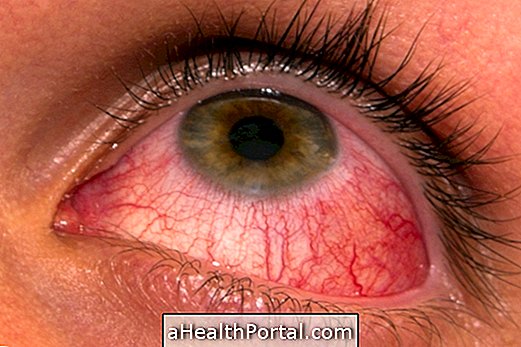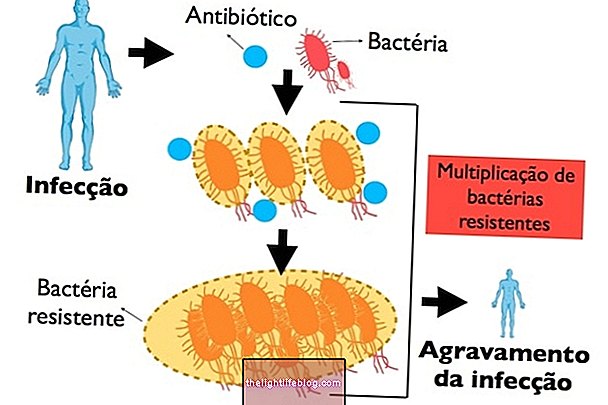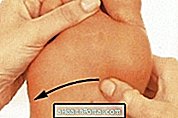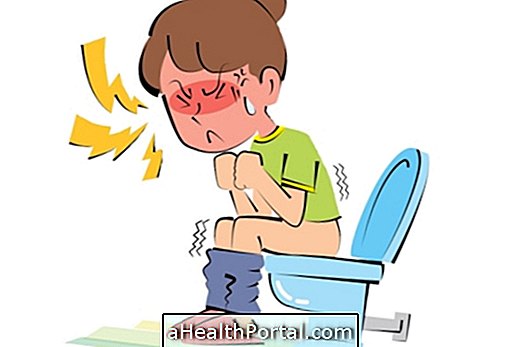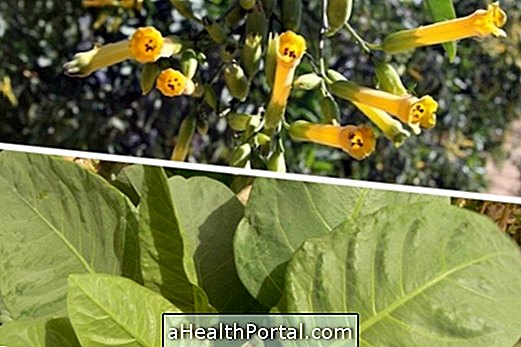Food poisoning is caused by the ingestion of only one or several foods contaminated with microorganisms, causing symptoms such as malaise, vomiting, sickness and diarrhea.
In the case of children, the elderly or pregnant, in the presence of vomiting and diarrhea it is recommended to consult a doctor or go to the emergency room immediately, as these groups are more likely to become dehydrated more quickly.
In other cases, what to do in case of food poisoning includes:
1. Take 1 charcoal 2 times a day
On the first day that vomiting and diarrhea occur, the individual should take 1 charcoal capsule twice that day, as charcoal prevents the mucosa from the stomach and intestine from absorbing the microorganisms present in contaminated foods, helping to reduce symptoms .
2. Drink plenty of fluids
It is important to drink lots of fluids such as water, teas, natural fruit juices, coconut water, oral rehydration salts that are purchased at the pharmacy or isotonic drinks such as Gatorade for example to replenish fluids lost through vomiting and diarrhea, accelerate recovery and prevent dehydration.
See great home-cooked options to help replenish lost fluids and relieve symptoms in: Home remedy for food poisoning.
3. Rest
Rest is essential to help treat food poisoning, because the body needs to save energy due to the loss of fluids by vomiting and diarrhea, also helping to prevent dehydration.
4. Do a light lunch
As soon as the vomiting and diarrhea are diminishing or passing, a light diet should be done, starting with a chicken soup, mashed potatoes, creamed vegetables or cooked fish, according to tolerance.
In addition, it is important to avoid greasy and spicy foods, opting for fruits, vegetables, lean meats and always cooked fish. Learn more about what to eat to treat food poisoning.
Generally, food poisoning passes in about 2 to 3 days only with these measures, and no specific remedy is necessary. However, if symptoms persist or worsen, it is important to consult your doctor.
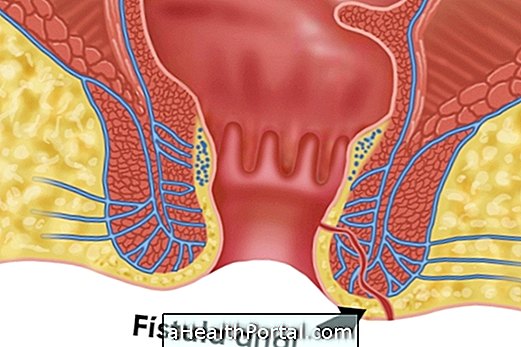
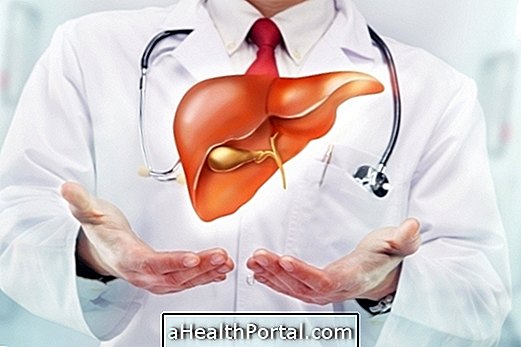
-o-que--sintomas-e-tratamento.jpg)
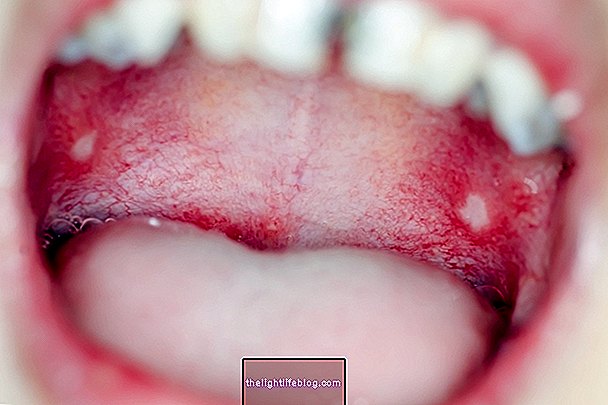
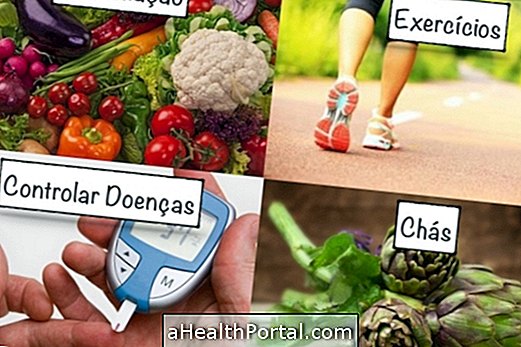


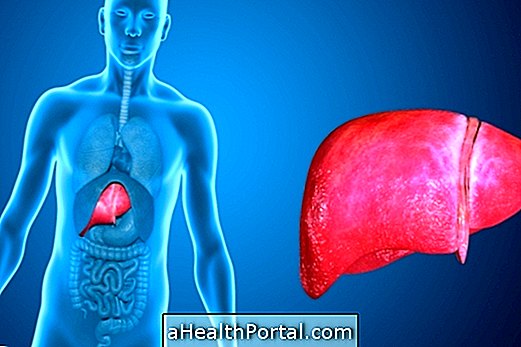
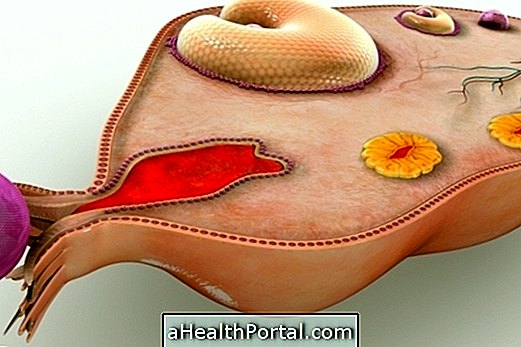
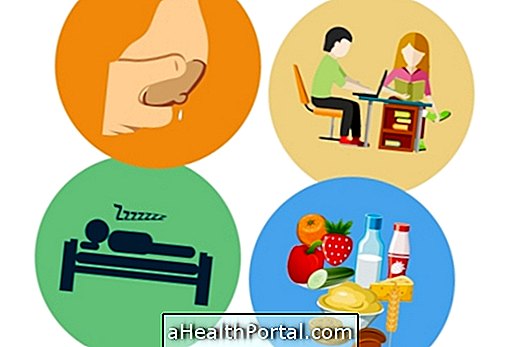

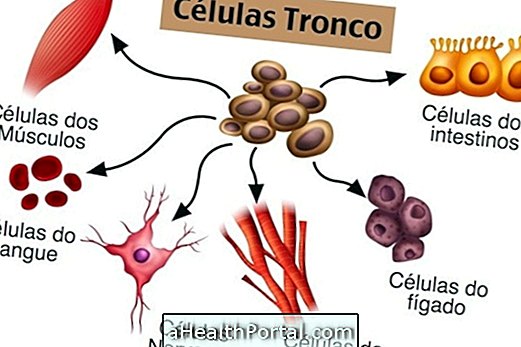

.png)


